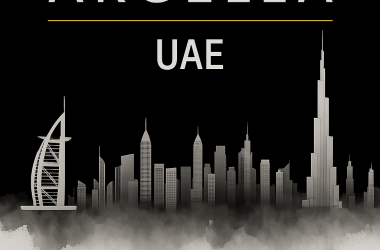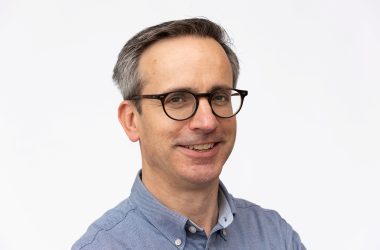China Set to Transform Alumina Industry with Revolutionary IB2 Process
On Wednesday, January 22nd, 2025, the alumina industry is expected to experience a game-changing breakthrough as the IB2 process, a revolutionary technology, makes its mark in China. Laurent Laheux, a renowned industry expert and Market Director for Metals and Mining at Technip, emphasizes the significance of this innovation in addressing long-standing challenges in the sector.
Aluminium, a crucial material used in various industries such as automotive, aerospace, renewable energy, and packaging, continues to drive progress worldwide. However, the production of alumina, a key component in aluminium manufacturing, remains energy-intensive and generates a significant amount of waste. The IB2 process is poised to change this narrative by offering a sustainable and efficient solution.
A Technological Milestone for Alumina Production
Developed by specialists in green industrial technologies, the IB2 process revolutionizes the upgrading of low-grade bauxite by removing impurities such as silica, sulphur, and organic carbon. This breakthrough has achieved remarkable outcomes, including a 40% reduction in CO2 emissions, 60% decrease in red mud residue, and an 80% lower caustic soda consumption, significantly cutting refining costs and reducing the ecological footprint. Additionally, the process generates an eco-friendly by-product, tobermorite, which can be used in the production of low-carbon cement, promoting a circular economy approach.
Laheux states, “The IB2 process turns previously low-grade bauxite into high-value material, transforming ores with an Al/Si ratio of 2.5 into superior quality with an Al/Si ratio of 13-14 – well above current standards.”
China’s Strategic Leap Forward
As the world’s largest aluminium producer, China relies heavily on imported bauxite, sourcing 80% of its requirements from abroad. This dependence impacts its competitiveness and industrial sovereignty. The IB2 process presents a strategic solution, enabling China to maximize the potential of its domestic resources.
A state-of-the-art industrial facility is currently under construction in Shanxi province, with operations set to commence in June 2025. The facility will initially have a production capacity of 200,000 tonnes, which will then scale up to 600,000 tonnes by 2026 and an impressive 3 million tonnes by 2028.
A Global Opportunity
Beyond China, the IB2 process is gaining traction worldwide, with advanced discussions underway in Kazakhstan, Saudi Arabia, and India. Its ability to optimize resources, reduce costs, and minimize environmental impact has positioned it as a game-changer for the global alumina industry.
Towards a Sustainable Future
Laheux concludes, “As the aluminium industry faces mounting pressure to align with economic and environmental imperatives, the IB2 process offers a path forward. The IB2 process not only enhances efficiency but also represents a significant step towards a sustainable future. It’s the key to a more competitive and eco-responsible industry, better equipped to meet the demands of a rapidly evolving world.”
About IB2:
IB2, founded by Romain Girbal and Yves Ocello, is a green industrial tech company that has developed a breakthrough environmentally-friendly technology for alumina refineries. The technology was developed by a team of 10 professionals with a collective 400 years of experience in the bauxite and alumina industry, particularly in the Bayer process and all types of bauxites.
About Yves Occello:
Yves Occello has held several senior positions in companies in the bauxite-alumina sector, including Péchiney, Alcan, and Rio Tinto. He has world-renowned expertise and knowledge of refinery issues and is an Honorary Director of the Chinese Academy of Sciences. Occello is also an Engineer from ENS Chimie de Paris.
About Romain Girbal:
Romain Girbal is a co-founder of IB2. He holds a degree in French and Spanish business law from the University of Paris X (Nanterre) and international trade from the University of Carlos III (Madrid). He also earned a master’s degree in business law and international management from HEC Paris in 2007 and is a graduate of Harvard Business School, where he studied the OPM program for entrepreneurs.
This news story has been distributed by Pressat on behalf of IB2, who is solely responsible for its content. Distributed by https://pressat.co.uk/





